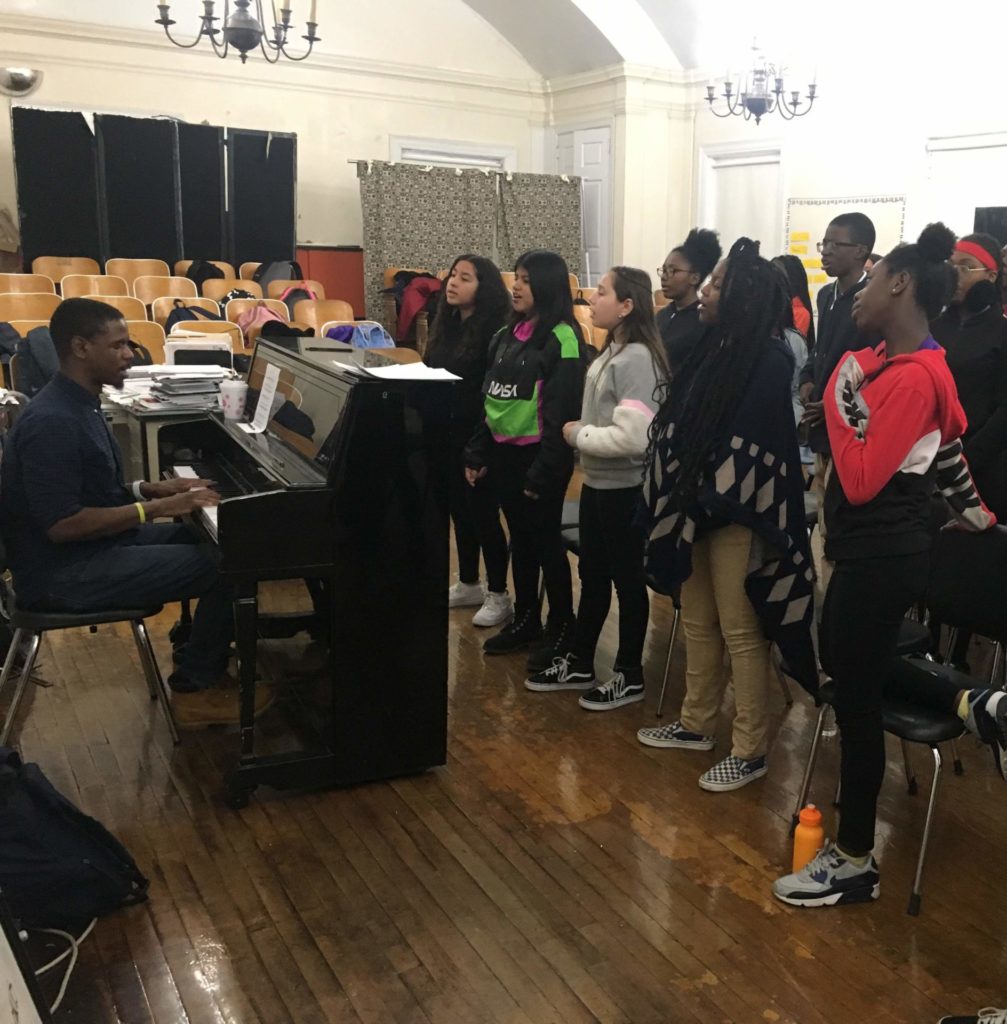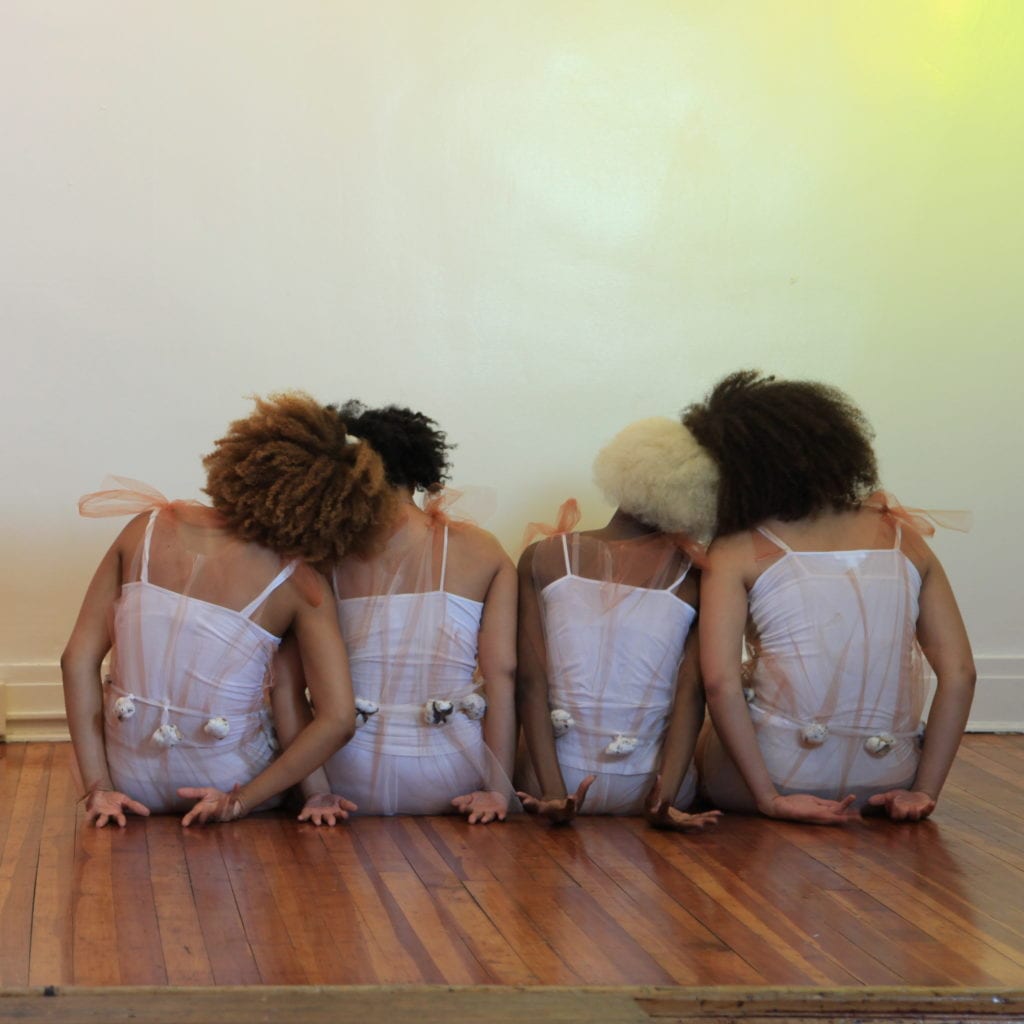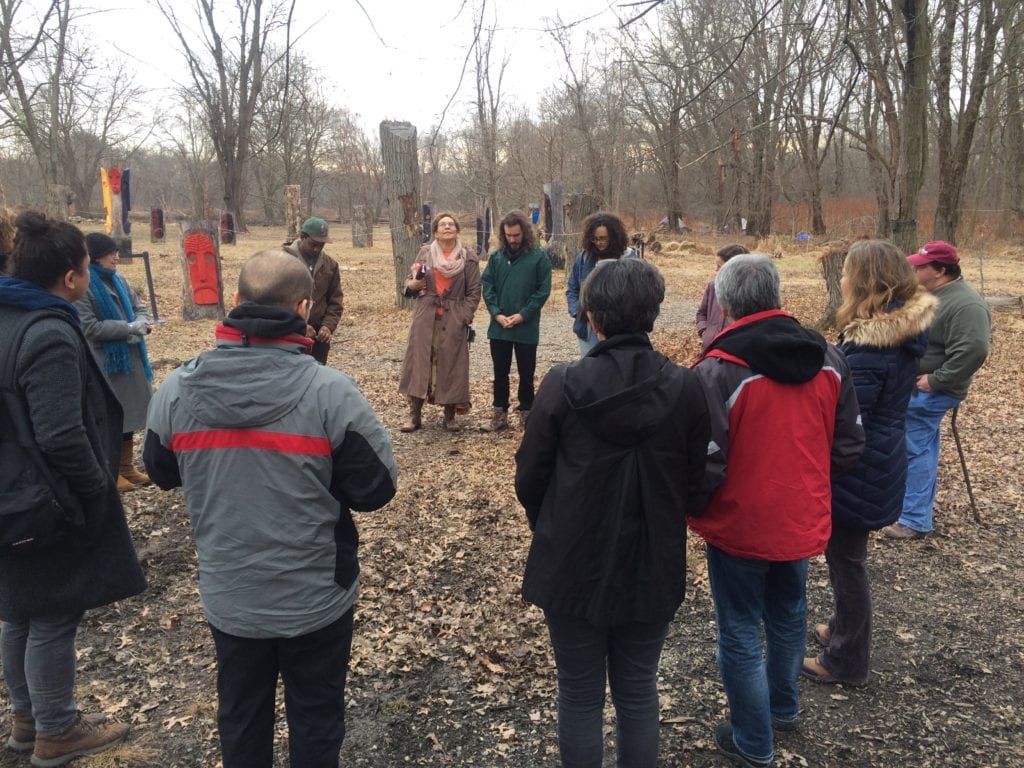Want to host a Collective Recovery workshop with us? Contact us at universityoforange@gmail.com.
What is Collective Recovery?
Collective Recovery includes the actions and activities that repair wounds to social systems, the collective organizations in which all humans exist.
Collective Recovery is a way for communities to heal from trauma. We know that when people are experiencing trauma their instinct can be to retreat from others and become isolated. One way people heal is by making connections to others, to nature, and to their communities. Collective Recovery provides methods for helping us heal together.
Collective recovery is essential at this moment of social fracture from the pandemic, as well as the more chronic problem of racial oppression and the rapidly increasing threat from climate change. Working with the vision of a “just and sustainable future” in mind, the UofO Collective Recovery Team and Cities Research Group have the goal of preparing organizations to reflect on their mission, resources, challenges and constituents to answer the question, “What Is Ours to Do?” We offer trainings for organizations, provide workbooks and other supportive materials, and offer lectures on collective recovery.
As organizations come forward to support recovery, a synergy develops in which the actions of each are augmented to make a whole greater than the sum of its parts, capable of stabilizing the nation in a difficult moment and finding the most just and sustainable paths to the future.
How Did We Learn about Collective Recovery?
Dr. Mindy Fullilove and her colleagues at the Cities Research Group (CRG) developed their concept of collective recovery after the attacks on the World Trade Center in 2001. They knew from their research that disruptions of that kind hurt social groups of all sizes and destroyed many assets. Turning to the science of cities, they found that rebuilding needed to be a collective process and organizations were the critical players. They launched NYC RECOVERS, an alliance of organizations concerned with the social and emotional recovery of the region. Organizations of many kinds carried out events. For example, Open the Small Business Network of American Express hosted a luncheon for seniors from Washington Heights at a Lower Manhattan restaurant that had just reopened. Recovery groups at The Center of the LGBTQ Community held a “Holiday Healing Party” to provide support through the end-of-the-year period. Thousands of people were able to participate in these and many other events, gaining emotional healing and aiding the organizations in carrying out their missions.
The University of Orange called on the principles of collective recovery to offer Orange, NJ, organizations help in responding to an outbreak of violence in 2016-2017. In particular, the UofO team highlighted that organizations have four crucial tasks, to help people remember, respect, learn and connect. And organizations connect in three directions: to their constituents, to other organizations and to policymakers. These multiple roles make organizations a crucial part of the urban mesh. In Orange, organizational mobilization helped schools, churches and other community organizations consider and act on the ways each could help slow violence.
University of Orange developed and offered Collective Recovery trainings and developed a handbook in response to a local spike in gun violence in Orange, NJ and recent fear in the city’s large immigrant community. We are now offering Train the Trainer workshops to expand the scope of this initiative.
Click here for more information on Collective Recovery workshops, or contact us at universityoforange@gmail.com to learn more.
RESOURCES:
Dr. Angel Acosta interviews Dr. Mindy Fullilove on COLLECTIVE RECOVERY AMIDST COVID-19


